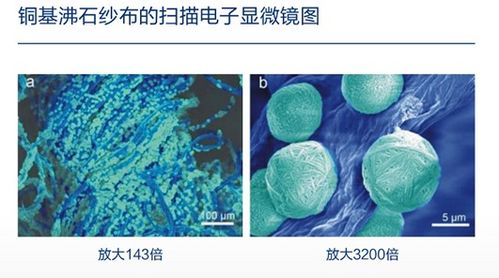世界贸易组织标志以及该组织作用
Sustainable agriculture is a way of farming that helps protect the environment, public health, human communities, and animal welfare. It also promotes economic viability for farmers and future generations. Here are some key sustainable agriculture practices and their benefits:
1. Crop Rotation
Crop rotation involves planting different crops in the same area over a sequence of seasons. This helps reduce soil erosion, improve soil fertility, and control pests and diseases. Rotating crops can also break weed, pest, and disease cycles, leading to higher crop yields and reduced dependence on chemical inputs.
2. Conservation Tillage
Conservation tillage minimizes soil disturbance and erosion by leaving crop residue on the soil surface. This practice helps improve soil structure, retain moisture, and reduce the need for herbicides. Conservation tillage also sequesters carbon in the soil, contributing to climate change mitigation.
3. Agroforestry
Agroforestry integrates trees and shrubs into agricultural systems. Trees provide numerous benefits such as improving soil fertility, enhancing biodiversity, offering wind protection, and providing additional income sources for farmers through timber, fruit, or nut production. Agroforestry also helps mitigate climate change by sequestering carbon and reducing greenhouse gas emissions.
4. Integrated Pest Management (IPM)
IPM is a holistic approach to managing pests, diseases, and weeds. It emphasizes the use of natural pest control methods, such as beneficial insects, crop rotation, and resistant crop varieties, while minimizing the need for synthetic pesticides. IPM helps protect beneficial insects, reduces chemical exposure, and preserves ecosystem balance.
5. Water Conservation
Efficient water use is vital for sustainable agriculture. Practices such as drip irrigation, rainwater harvesting, and mulching help conserve water, improve soil moisture retention, and protect water quality. By using water more efficiently, farmers can minimize their impact on freshwater resources and adapt to changing climate conditions.
6. Livestock Rotation
Rotational grazing and livestock rotation systems allow pastures to rest and recover, preventing overgrazing and soil degradation. These practices improve forage quality, reduce erosion, and enhance nutrient cycling. Livestock rotation also minimizes the concentration of animal waste, mitigating environmental pollution.
7. Cover Crops
Planting cover crops between main crops helps prevent soil erosion, suppress weeds, and improve soil health. Cover crops also add organic matter to the soil, enhance microbial activity, and sequester carbon. These benefits contribute to improved soil structure, fertility, and resilience to extreme weather events.
8. Organic Farming
Organic farming avoids synthetic inputs such as pesticides, fertilizers, and genetically modified organisms. It emphasizes soil health, biodiversity, and ecological balance. Organic practices support the longterm sustainability of agriculture by reducing chemical contaminants in the environment and promoting healthier food options for consumers.
By adopting these sustainable agriculture practices, farmers can contribute to environmental conservation, maintain productivity, and build resilient farming systems for the future.










